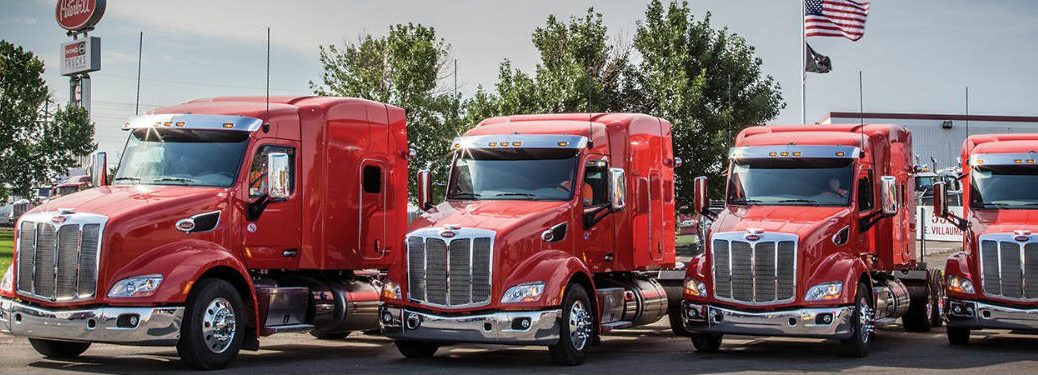Leasing trucks is a great option for small businesses that depend on transportation, as it provides a flexible and cost-effective solution. With access to the latest vehicle models and lower upfront costs, small businesses can reap numerous benefits from leasing. Reduced maintenance burdens also come as a plus.
In addition to the practical benefits, truck leasing also offers small businesses the opportunity to maintain a modern, efficient fleet without the long-term commitment and depreciation issues associated with owning a vehicle. This flexibility allows the company to quickly adapt to changing operational needs and expand its transportation capabilities without the financial burden of purchasing new vehicles.
However, small businesses must understand the complexities of maintaining and repairing leased trucks if they want to truly maximize these benefits.
Understanding Lease Agreement
Small business owners must examine their lease agreements thoroughly before getting into maintenance and repairs. Maintenance responsibilities differ based on the leasing contracts. Some may require lessees to handle maintenance and repairs alone, while others may include maintenance services as part of the package. The basis for competent management of truck maintenance is understanding the specific terms of the lease agreement.
Scheduled Maintenance
Scheduled maintenance provisions are often found in lease agreements, covering routine services like brake inspections, tire rotations, and oil changes. For small businesses, it’s crucial to avidly follow the schedule indicated in the lease agreement. Neglecting scheduled maintenance could lead to penalties or supplementary fees upon the leased vehicle’s return.
Selecting the Service Provider
Small businesses often have the freedom to choose their service providers when it comes to maintenance and repairs. However, some lease agreements may contain specific requirements for an authorized repair shop or preferred repair partner. Before selecting a service provider, be sure to review the lease agreement and ensure that all established guidelines are followed. Choosing an authorized repair center can sometimes provide benefits such as discounted pricing and faster service.
Maintaining Records
For truck leases for small businesses, it is prudent to keep careful records of all maintenance and repair activities. Extensive records serve as evidence of compliance with lease maintenance requirements and are invaluable in the event of a dispute. These records also help track the overall condition and performance of the rental vehicle.
Cost of Unexpected Repairs
While regular maintenance is expected and planned, unexpected repairs can surprise small businesses. Companies should set aside an emergency budget for unforeseen repairs. This proactive approach ensures that unexpected failures or incidents do not disrupt operations or strain a company’s financial resources.
Wear and Tear
Most lease contracts will take into account normal wear and tear on the vehicle during the lease period. However, for small businesses, it’s crucial to know what acceptable wear and tear is. If damage exceeds specified limits, additional charges may be incurred when returning the rental vehicle. Regular inspections and quick repairs of minor problems can help prevent wear and tear problems.
Transparent Communication
Open and transparent communication with the owner is key to successfully completing maintenance and repair work. If a problem arises, such as an unexpected repair or a dispute over fees, small businesses should contact the rental company immediately. Positive communication fosters collaborative relationships and can lead to more favorable solutions.
Summing it up
For small businesses, truck leasing can be a strategic decision to meet transportation needs without committing to long-term vehicle ownership. However, to take full advantage of leasing, effective maintenance and repair management is crucial. In order to effectively and cost-effectively use a rental truck for your business, you must take the following steps: Understand the rental agreement thoroughly; strictly adhere to the maintenance schedule; be careful when selecting machinery; store all documents related to vehicle repairs; have some extra money ready in case Unexpected problems arise; maintain constant communication with the owner. All these steps ensure a smooth and efficient leasing of trucks for small businesses.

